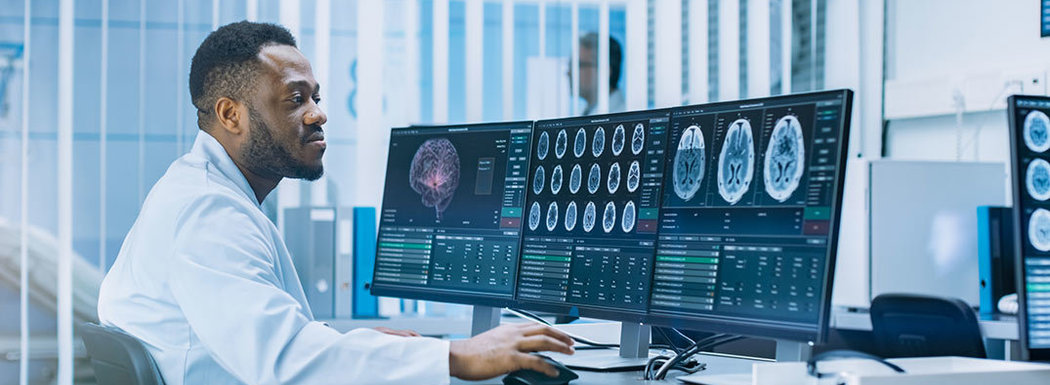
Researchers confirm that use of selfies to diagnose heart disease is possible
Diagnosing diseases from HD images is not new and is a well-known branch of Artificial Intelligence. But a new discovery in this branch could be beneficial for diagnosing heart disease simply over the long run. Selfies can do more than just show off your face according to a recent report in the European Heart Journal. Actually they may help the doctor identify heart disease. Using a computer algorithm scientists can detect coronary artery disease ( CAD) using four photographs of a person’s face or selfies to diagnose heart disease.
Zheng is vice director of the National Center for Cardiovascular Diseases and vice president of Fuwai Hospital, Chinese Academy of Medical Sciences, and Peking Union Medical College in China and the study’s lead researcher along with his team recruited 5,796 patients in eight Chinese hospitals from 2017 to 2019. All the patients underwent angiograms, an imaging technique for the blood vessels. Researchers took four photos (from front, From both sides and overhead) and interviewed each patient about their medical histories. Radiologists also looked at the angiogram of each patient to assess the degree of narrowing of the blood vessels. Narrowing of the blood vessels is an indication of seriousness of the heart attack. Once the algorithm had been developed, it was tested by study authors on 1,013 patients across nine Chinese hospitals. They found their algorithm correctly recognises 80 percent of the time those with heart disease. However, researchers are also aware that their discovery has a very high false-positive rate of about 50 per cent. Many of the facial features have historically been associated with higher risk of heart disease, including thinning or grey hair, wrinkles, or creases in the ear lobes. Other symptoms include xanthelasma (bumpy yellow patches at the eyelids’ inside corners) and arcus cornea (gray or blue cornea around the cornea). Despite these alarm signs, the study finds it difficult for doctors to diagnose heart disease correctly by these characteristics alone.
The researchers note that while their results are encouraging, the ethical consequences are a factor in the creation and dissemination of their technology. When it comes to the identity of a patient and their personal images, privacy is a significant issue that needs to be discussed. But one thing is for sure, this study confirms that selfies to diagnose heart disease is possible. It is a step towards creating a deep learning-based platform that could be used to determine the risk of heart disease, either in outpatient clinics or with patients taking ‘selfies’ to conduct their own screening.













